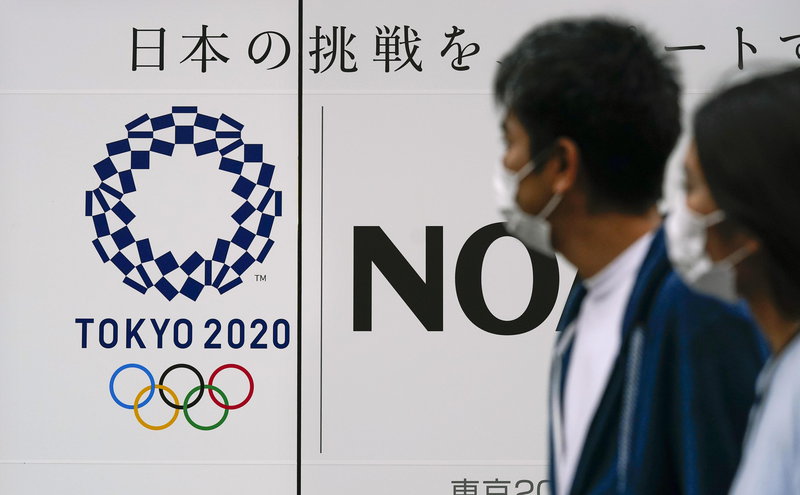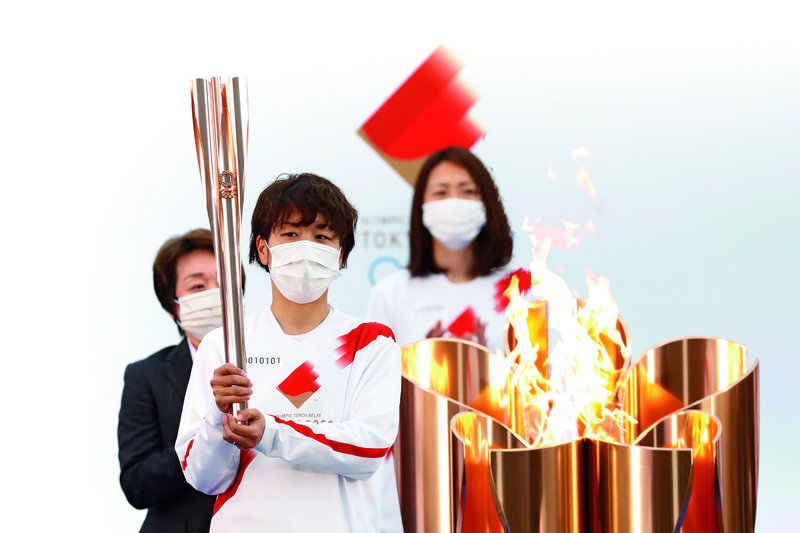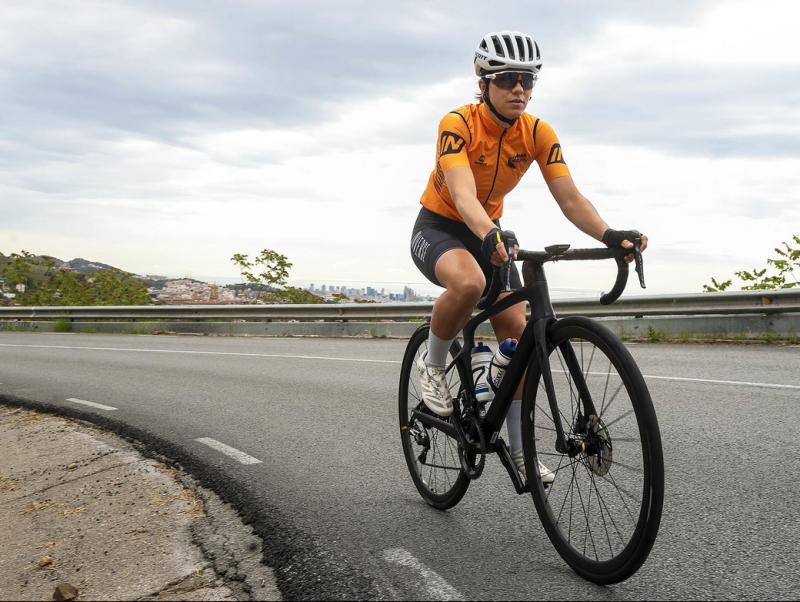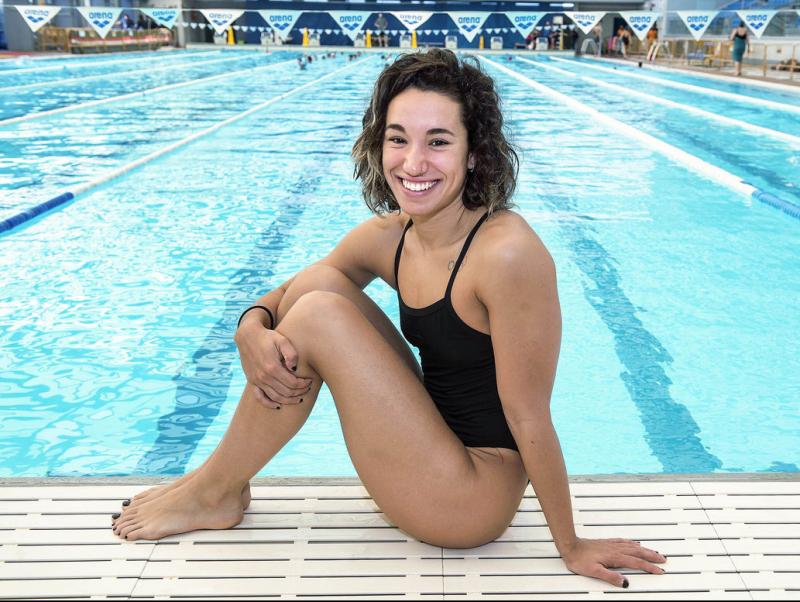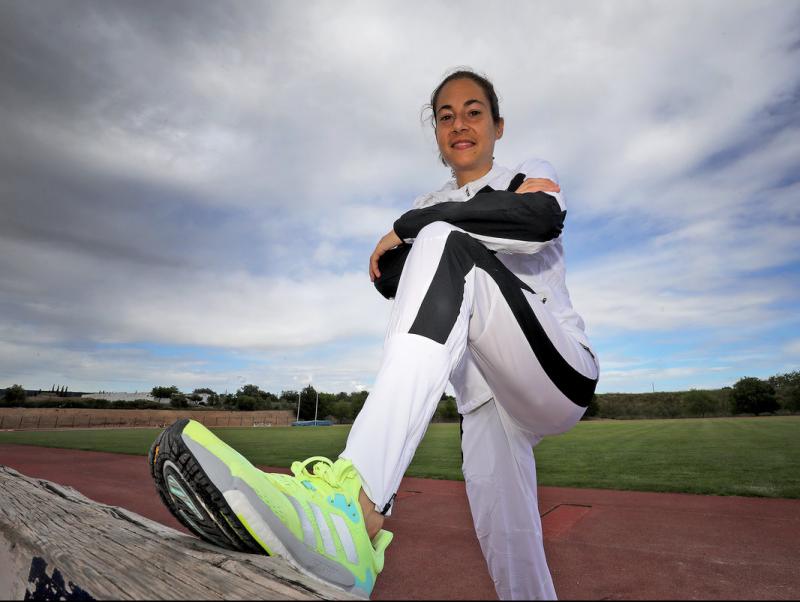The Games of the pandemic
Over a hundred Catalans could be in Tokyo after suffering an uncertain and complicated journey to the big event, which has been marked by Covid and remains shrouded in doubt
feature olympic games
It is the greatest sporting event on the planet. On March 24, 2020, former Japanese PM Shinzo Abe announced that the Games would be delayed by a year. An exceptional situation that forced many athletes to reschedule their activity and goals, and some well-known ones to extend their careers, as is the case with Pau Gasol (this will be his fifth Games) and Laia Palau (fourth) and the walker Jesús Ángel García Bragado, 51, who postponed his retirement in order to take part in his eighth Olympic Games. He will become the athlete who has competed most under the Olympic torch. Quite a record.
Right now, the Games, which are to be held in Tokyo between July 23 and August 8, seem unstoppable, although more than 80% of the local population is against it amid the fourth wave of Covid and with vaccination only having reached 3% of the country’s 126 million inhabitants. A campaign with 350,000 signatures has tried to force a further postponement, and the US recommends not travelling to Japan, where nearly 5,000 infections are detected daily. So far, the Japanese government has extended the state of emergency in Tokyo and eight more regions until June 20. Doctors, business people, sponsors have all voiced their concerns and 13,500 volunteers have withdrawn, but despite this, the Games seem to be a reality.
In February, the IOC published a guide to measures for hosting a safe Games in a large bubble. Restrictions will limit athletes’ celebrations and their movements. No clapping, hugs, shouting or singing... though applause will be allowed. They will not leave the Olympic Village and will wear a mask except when competing or at a distance of two metres outside. There will be a PCR test three days before travel and then every day. Whoever tests positive will isolate and not compete. Athletes (and 6,000 journalists) will be monitored through a mobile app.
The absence of a foreign audience (whether there is a local one is yet to be seen) will make these Games a unique event. The IOC has reimbursed the 600,000 tickets sold.
The Catalan expedition could number 107 athletes (already vaccinated), 9 more than the 98 in Rio in 2016. The goal will be to beat the 14 Catalan medal haul of five years ago. To date, 155 Catalans (120 men and 35 women) have won an Olympic medal (25 gold).

